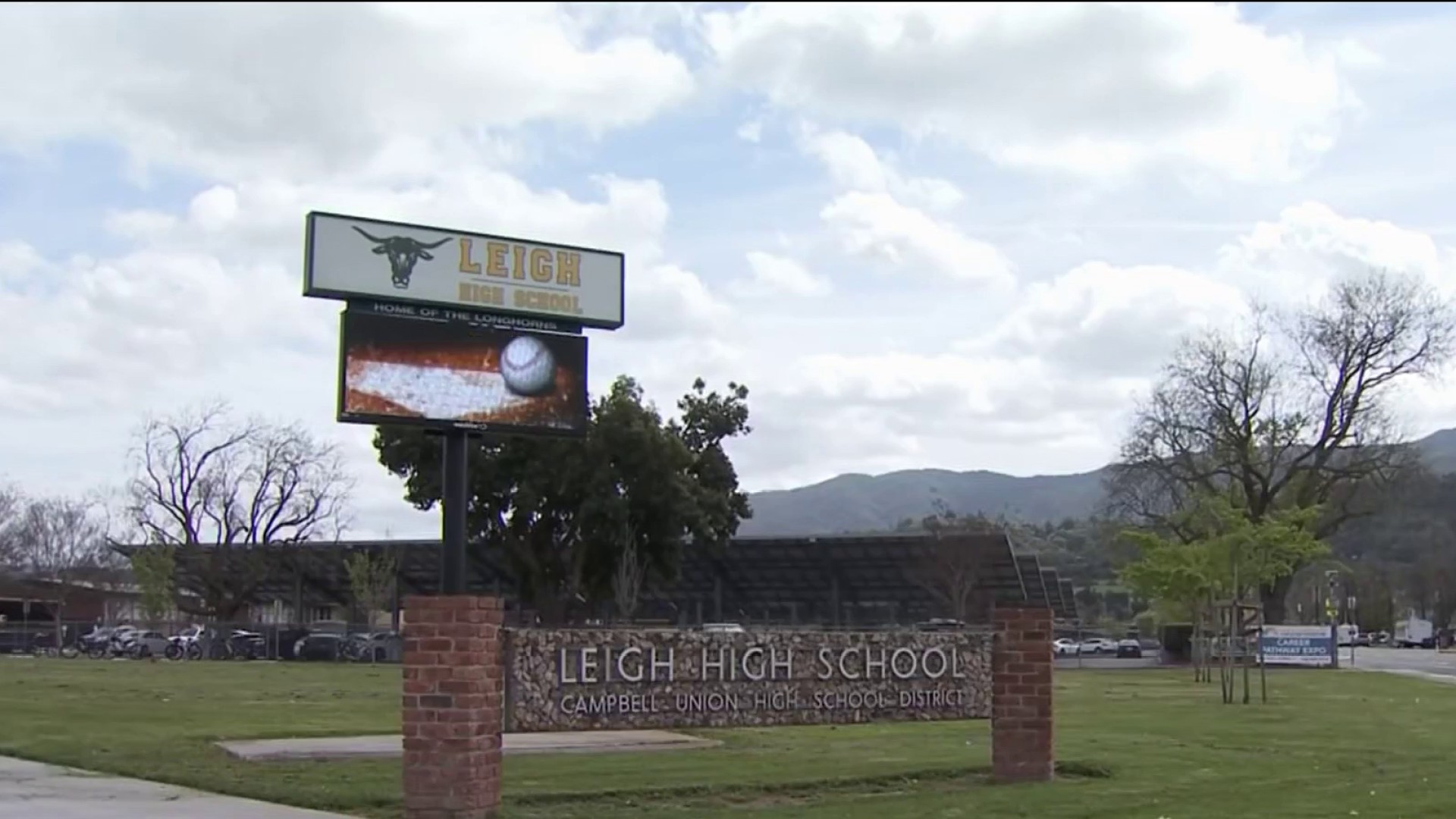A day after Oakland announced it was hiring a big-name, bi-coastal police chief to help its struggling city grapple with high crime, William Bratton told NBC Bay Area that he has "no fantasies," but feels optimistic that he can turn things around.
Speaking on the phone Friday from New York where he was once the police commissioner, Bratton said that he wouldn't have taken a consulting job to help the Oakland Police Department if he didn't feel good about making a positive difference. Still, he said, Oakland is in a "critical situation."
"I'm very excited about the opportunity," Bratton said. "It's what I do."
Working in distressed cities is what motivates Bratton, who also was police chief in Los Angeles for seven years. When he was there from 2002 to 2009, Bratton oversaw a 45 percent drop in major crimes and a 41 percent drop in homicides.
On Friday, Oakland clocked its 130th homicide, an all-time high since 2007 - a fact of which Bratton was keenly aware.
Bratton didn't go into too much detail about what he will do during his consulting term, which is "open ended" and begins in February.
Mayor Jean Quan will ask the city council to approve another $250,000 to pay Robert Wasserman's Strategic Policy Partnership firm, which already has been paid $100,000, according to the Oakland Tribune. Reports indicate that Bratton will be paid $125,000 and be part of a consulting team.
Local
But Bratton did tell NBC Bay Area that Compstat - a crime tracking system he helped pioneer - is an integral key to success. Compstat stands for Computer Statistics, or Comparative Statistics, and is a management philosophy and tool for police departments, which includes crime reduction, quality of life improvement and resource management. It also helps map crime and identify problems in cities.
"Being able to know where and when a crime has been committed" gives police "predictive" powers in being able to tell where a future crime may occur, he said.
Bratton also wasn't shy about saying that Oakland needs more police officers on the street. "The biggest challenge is the number of officers," Bratton said. "When you add them and use them appropriately, you get results."
While many are in awe of Bratton's status, and city leaders made a big deal about his new consulting gig, he is not without skeptics.
Well-known Oakland civil rights attorney James B. Chanin told NBC Bay Area that he is not really sure what Oakland is going to get for its money, and he's unclear on the specifics of how Bratton can change things. He has nothing against Bratton personally, but feels the city's priority should be focused on working with the federally appointed compliance monitor, when that person is named.
Chanin is also skeptical of Bratton's ardent support of the "stop and frisk" policy, where Oakland police embrace the idea of, and employ, stopping people they suspect were involved in a crime.
While Bratton may not be the silver bullet alone - a federal judge has yet to appoint a separate "compliance director" to oversee the Oakland Police Department - many are hopeful Bratton will make a difference.
"We don’t expect him to solve everything happening in Oakland," Oakland Police Chief Howard Jordan said at Thursday's news conference. "We’re on the right track. But when you are too close and you can't see the forest through the trees, you need help."



